Starlink, the satellite giant led by tech mogul Elon Musk, is teaming up with Jumia Technologies, an e-commerce platform, to bring cutting-edge satellite broadband services to Nigeria and other underserved regions across Africa.
Hisham El Gabry, Jumia’s Chief Commercial Officer, announced the exclusive launch of Starlink’s satellite terminals and kits in select African countries, starting with Nigeria in the coming weeks.
Join our WhatsApp ChannelEl Gabry emphasized Jumia’s strategic positioning in the market as the go-to destination for those seeking to purchase these high-tech kits. This exclusivity establishes Jumia as a dominant player in the sector, poised to expand its market share and influence within the region significantly.
READ ALSO: SpaceX Launches Four Astronauts To International Space Station
“We have seen Starlink do these types of deals in Southeast Asia and South America, and now Africa will also have the opportunity to access fast-speed internet services,” El Gabry stated. “The plan is to start selling through our sites and agents in Nigeria this month, and then Kenya.”
While major tech firms have previously struggled to bring high-speed internet to Africa, often resorting to conventional fiber and undersea cable infrastructure, Starlink’s innovative approach, using a network of thousands of small satellites, holds promise for connecting remote regions.
However, the cost of a standard Starlink terminal in Nigeria, priced at N435,000 ($557), remains a potential barrier.
El Gabry highlighted Jumia’s extensive experience in navigating the African e-commerce landscape, stating, “We had to establish our own business models and transportation network, even mapping to a certain extent when we started building an African e-commerce business.”
In the long term, Jumia aims to distribute Starlink’s products across all 11 of its African markets, potentially transforming internet accessibility across the continent.
Notably, Starlink, recently launched in Nigeria, represents SpaceX’s effort to expand internet coverage in remote and rural areas globally. Their satellites, positioned closer to Earth than traditional satellites, offer lower latency and support services previously unattainable with conventional satellite internet.
With this game-changing partnership, local Internet Service Providers (ISPs) may be encouraged to extend their services to areas previously deemed too remote or expensive to cover.
In a continent where internet penetration is only at 47 per cent, this collaboration has the potential to bridge the digital divide and connect millions in Africa to the World Wide Web.
Emmanuel Ochayi is a journalist. He is a graduate of the University of Lagos, School of first choice and the nations pride. Emmanuel is keen on exploring writing angles in different areas, including Business, climate change, politics, Education, and others.

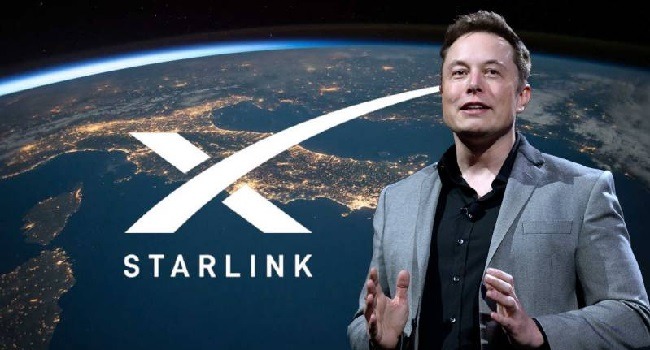



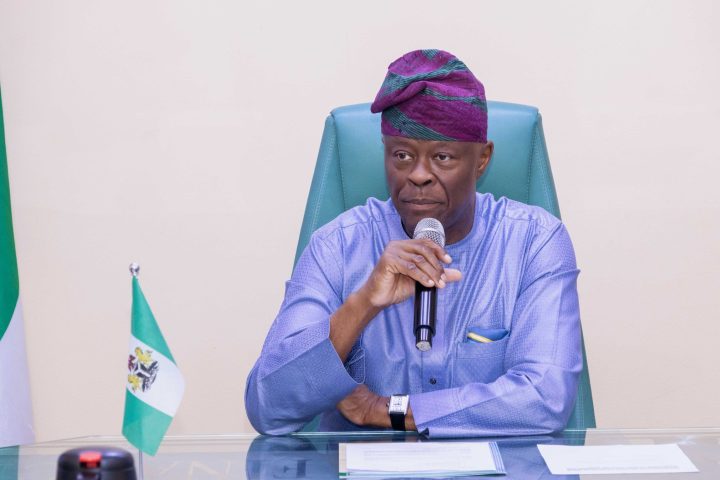
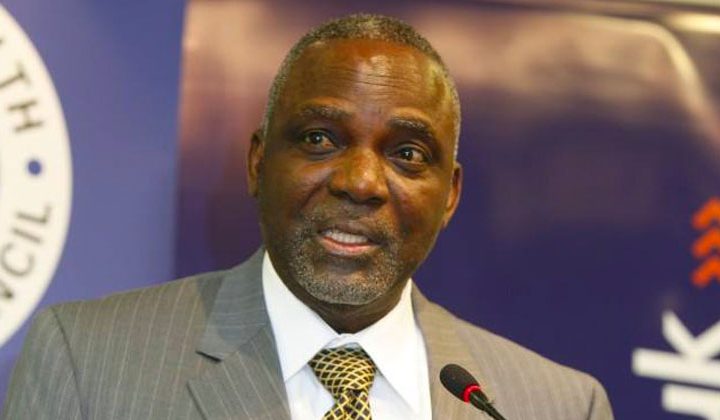









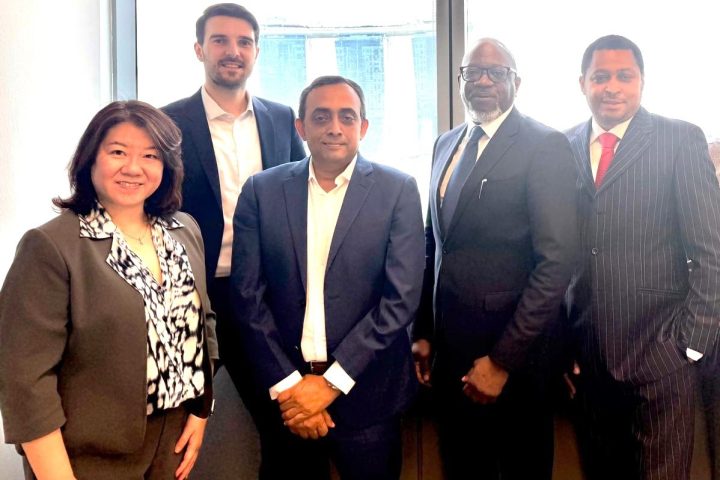
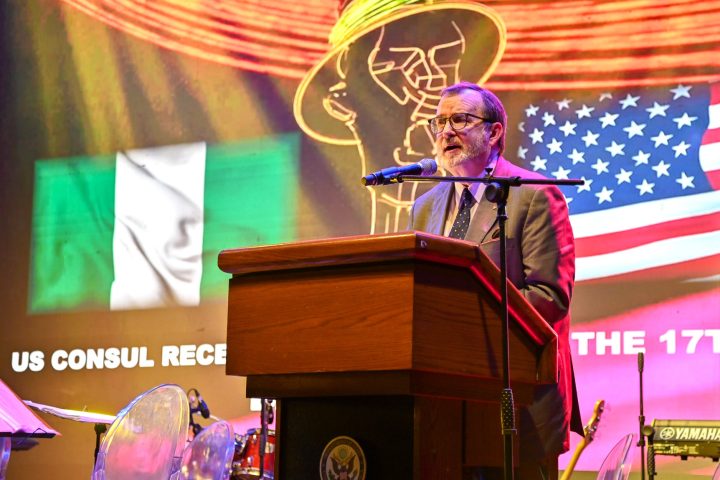

Follow Us